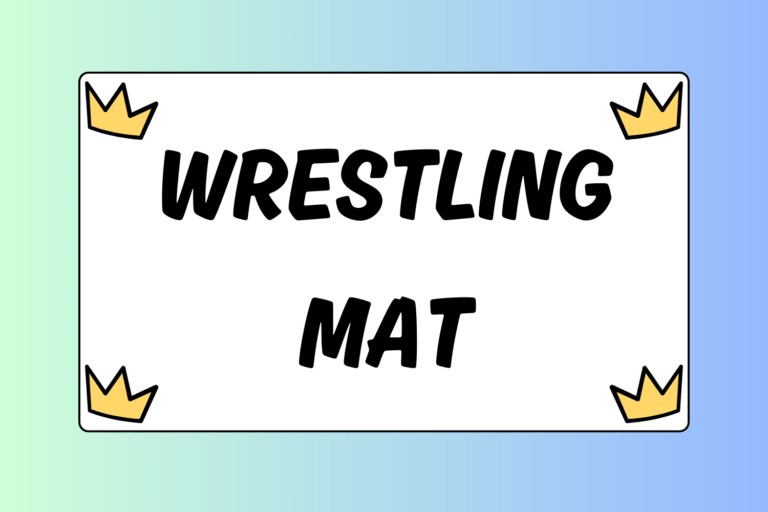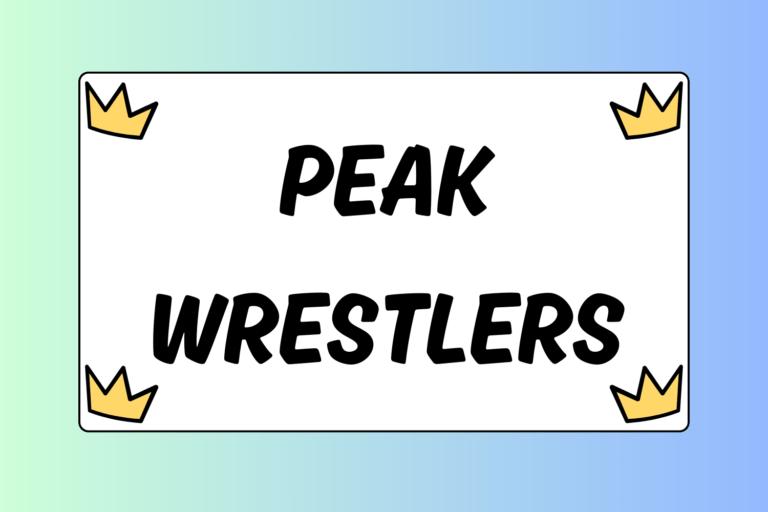The sport of wrestling can have an addictive quality to it, and many wrestlers just can’t stay off the mat once their competitive career has come to a close. Many wrestlers choose to stay close to the sport by becoming a coach. The process of becoming a coach requires a lot of work, and it’s hard to know where to start. This guide is for anyone looking to become a coach, regardless of skill level or experience. As long as you have the strong desire to have a positive impact on the wrestlers you coach, there will always be a place for you in the sport.
Deciding Skill Level
Before you actually start coaching, you must decide what level of wrestling would be best for you (youth, scholastic, collegiate, etc.). Look for coaching positions at the same level that you have competitive experience at. The different levels of wrestling all have drastic differences in training, philosophies, techniques, competitiveness, etc. Stick to the level of wrestling that you know the best. This is where you would be most beneficial to your wrestlers.
Exceptions to the Rule
There are some exceptions to this rule. Often, the best coaches for beginning/youth wrestlers have collegiate or international competitive experience. Bringing your experience to a younger age group or division can benefit less seasoned wrestlers.
Also, there may be some cases where you are able to coach at a level beyond your experience. Support roles are usually the best positions for less experienced coaches; things like volunteer positions, team managers, statisticians, workout partners, etc. As long as you have the desire to have an impact on the athletes you’re coaching, and are willing to give 110% to the role you take, there will be a place for you as a coach or staff member.
Educate Yourself
No one expects you to know everything as a coach. However, a high level of knowledge about the sport is necessary. At some point, you should take coach education courses or seminars to meet your potential. Certain training courses may be required, depending on the level you’re looking to coach. Even if training courses aren’t required of you, continuing your education is essential to your development as a coach.
Coach education courses of all types are given throughout the year. There will surely be at least one that will benefit you. Further, some courses also offer “continuing education” units/credits that can be applied to certain degrees at accredited colleges and universities. Although some of these courses may include both basic and advanced techniques, most classes are designed to take a holistic approach to coaching. Many classes inform coaches on a variety of topics, including proper nutrition, weight management, mental preparation, fundraising, team management, event hosting, and more. If you are looking to be the best coach possible, take these courses regularly.
Each governing body has a different coaches education system, each of which offers several levels or classifications. As you complete basic courses, you may become eligible for more extensive, in-depth training. These courses can often last weeks, or longer. If you have aspirations of coaching a national team or running a regional training center, these courses are necessary. Check with your local governing body about which courses would be best for you.
Hot Tip: Becoming a High School Coach
It is mandatory for scholastic level coaches in the United States to complete a training course from the national governing body of high school athletics, the National Federation of State High School Associations (NFHS). If you are looking to coach at the scholastic level, you must complete all courses required by the NFHS (as well as any state mandated courses). Ask the athletic director of the school you are looking to coach at for more information.
Additional Requirements
In addition to education and credentials, there are a few additional items that may be required. The following items should be considered long before you apply for a coaching position to ensure you’re prepared for the job. Many of these requirements may require an additional fee. Talk to an athletic director or another wrestling coach on the team you are interested in for more information.
First Aid & CPR Training
Unfortunately, accidents and injuries do occur in wrestling. To be prepared for such situations, First Aid and CPR training is often required of coaches. This will ensure that proper medical attention can be given to wrestlers if trained professionals are not around.
Tuberculosis Test
Also known as a “TB test,” this is a quick and simple test that is required of most coaches to make sure that the coach has not been exposed to tuberculosis.
Background Check
Background screening has recently become more prevalent when dealing with youth and scholastic level wrestlers. Background screening is used to determine if you have any prior criminal offenses (typically felonies) that would make you ineligible to work with young wrestlers. This is usually a simple and straight forward process. If you have a “clean” record, there’s nothing to worry about.
Fingerprinting
In addition to the background screening, fingerprints may be required if you are being hired at a public school (or similar institution). Make sure to schedule an appointment to be fingerprinted long before it’s required. Resources are often limited, and it can be difficult to get a last minute appointment. Finger prints are typically taken by local law enforcement (or a private agency).
Making an Impact
After reading this, you should have a good idea of what is required of a coach. For more information on more specific coaching requirements, check with the school, athletic director, athletic association, or governing body associated with the team you are interested in.
Aside from the requirements to become a coach, there is one more that should be mentioned: You must possess compassion towards the athletes you coach. Generally, the best coaches care about their athletes the most. Sure, technical knowledge of the sport is critical to shaping successful wrestlers. However, you must understand that there are more important things than success in wrestling alone.
As a coach you are teaching and reinforcing life skills and lessons. This is the most important part of coaching. It’s inevitable that one day your wrestler’s career will end. Know this, and try to prepare your wrestler for life after wrestling.





